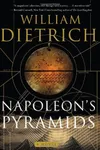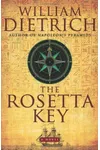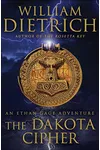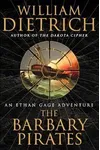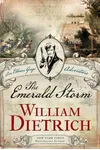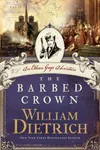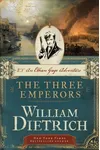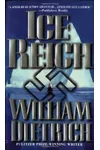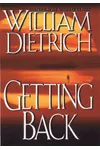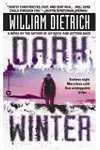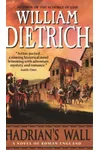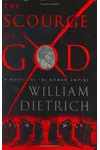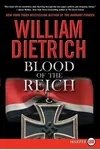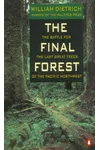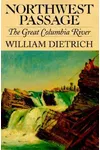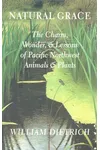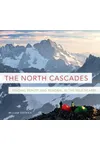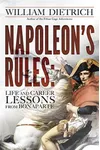Picture a storyteller who spun tales from the icy cliffs of Antarctica to the sun-scorched battlefields of Napoleon’s era—meet William Dietrich! A Pulitzer Prize-winning journalist turned bestselling author, Dietrich has thrilled readers with historical novels and championed the Pacific Northwest’s wild beauty through environmental writing. His adventurous life and vivid prose make him a literary force worth discovering.
Born in Tacoma, Washington, Dietrich’s journey from newsrooms to novels is as gripping as his stories. With a knack for blending history, adventure, and nature, he’s inspired readers and conservationists alike. Let’s dive into the world of this multifaceted writer!
The Making of William Dietrich
William Dietrich grew up in the shadow of Puget Sound, where the rugged Pacific Northwest sparked his love for nature and storytelling. After earning a journalism degree from Western Washington University’s Fairhaven College, he dove into reporting, covering everything from local fairs to Congress for Pacific Northwest newspapers and Gannett News Service. His big break came at The Seattle Times, where his coverage of the 1989 Exxon Valdez oil spill earned him a shared Pulitzer Prize for National Reporting. A Nieman Fellowship at Harvard and National Science Foundation trips to Antarctica further honed his craft, blending science, environment, and narrative.
William Dietrich’s Unforgettable Stories
Dietrich’s writing spans thrilling historical novels and insightful environmental nonfiction, each infused with his journalistic precision and adventurer’s spirit. His Ethan Gage series, starting with Napoleon’s Pyramids (2007), follows a swashbuckling American navigating the Napoleonic Wars, blending historical intrigue with treasure hunts. Translated into 28 languages, the series captivates with its vivid settings and witty protagonist. Ice Reich (1998), his debut novel, is a WWII thriller inspired by a real Nazi expedition to Antarctica, showcasing his ability to weave fact into fiction.
His nonfiction, like The Final Forest (1992), explores the Pacific Northwest’s environmental battles, earning the Washington Governor’s Writers Award and Pacific Northwest Booksellers Award. Northwest Passage (1995) chronicles the Columbia River’s history, blending ecology and human stories. Dietrich’s style—rich with detail, humor, and a journalist’s eye—makes complex history and science accessible and enthralling.
Whether crafting a Roman-era epic like Hadrian’s Wall (2004) or essays in Natural Grace (2003), Dietrich’s work pulses with curiosity. His travels—from the South Pole to Egypt—infuse his stories with authentic, breathtaking settings.
Why William Dietrich Matters
Dietrich’s impact lies in his ability to bridge adventure and advocacy. His novels entertain while subtly teaching history, inspiring readers to explore the past. His environmental writing, rooted in the Pacific Northwest, has shaped conservation discussions, influencing students at Western Washington University’s Huxley College, where he’s taught since 2006. By advising Planet magazine, he mentors young journalists, fostering a new generation of environmental storytellers.
His global reach—books in 28 languages—and awards like the Pulitzer underscore his influence. Dietrich’s blend of thrill and thoughtfulness makes him a unique voice, urging us to cherish both history and nature.
- Born: September 29, 1951, Tacoma, Washington
- Key Works: Napoleon’s Pyramids, The Final Forest, Ice Reich
- Awards: Pulitzer Prize (1990), Washington Governor’s Writers Award
- Fun Fact: He’s sailed the South Pacific and flown with the Blue Angels!
About William Dietrich
Snag Napoleon’s Pyramids and dive into William Dietrich’s thrilling world of history and adventure!
